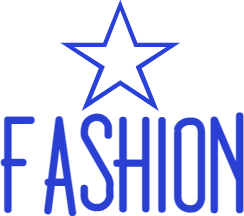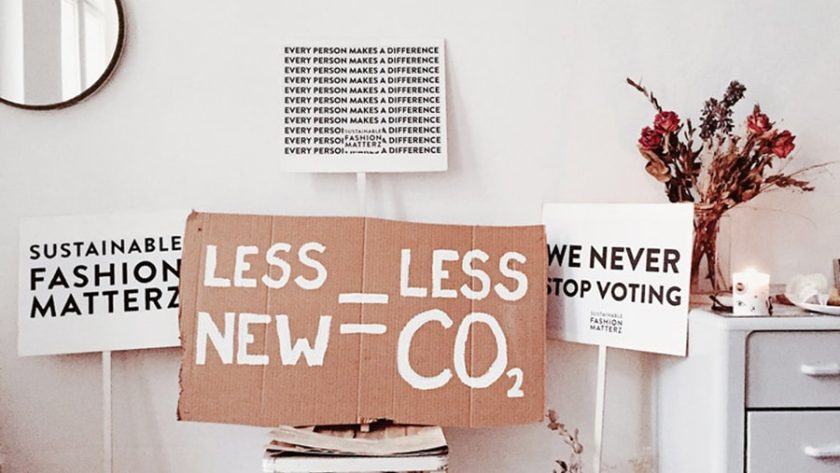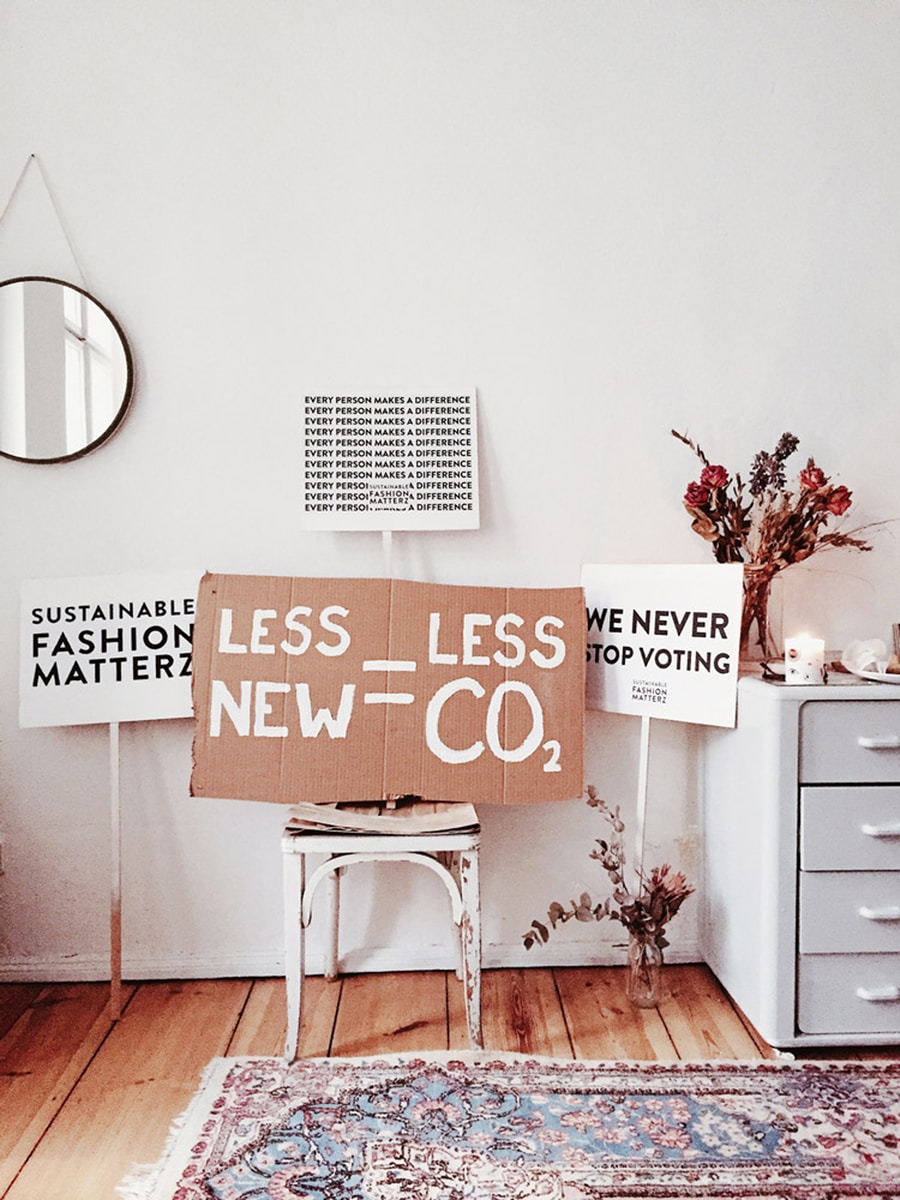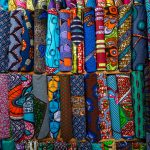A number of initiatives were launched in March that focused on sustainability and the impact they have on the environment. A few initiatives were led by innovation, and retailers and brands increased their efforts to promote transparency and circularity. Check out the top sustainable moments of the month.
Greenwashing vs. actual sustainability
The EU Commission presented a proposal at the end of the month to protect consumers’ rights and stop greenwashing. If they are rejected, vague claims about product environmental benefits like “green” or “environmentally friendly”, will be prohibited in the EU. If a product only has a part of its environmental impact, claims about it will not be permitted.
Green Story, a platform that enables fashion brands to measure, communicate and track their sustainability efforts, has raised funding of 1.1 million euros. This will allow the company to grow and reach its goal of helping 1 billion consumers shop more sustainably and better understand the impact of their purchases on the environment.
The “Changing Markets Foundation” released a report. It found that voluntary certification programs could contribute to greenwashing within the fashion industry. CMF is an independent non-governmental organization that does campaigning work to inform people about the conditions of the general market.
At the beginning of the month, the United Nations released its most recent report on climate change, presenting stark warnings for the future of the climate if immediate and drastic action is not taken.
Circularity
The 2020 action plan of the EU Commission on the circular economy was published by the EU Commission. It aims to make sustainable products the EU norm, support the EU’s 2050 target for carbon neutrality, and promote sustainable growth. Along with four other industries, the EU Commission identified the textile sector as having the greatest environmental impact and the lowest sustainability.
Circular shopping platform CCrave opened its second pop-up concept store in Amsterdam while Los Angeles-based Everywhere Apparel launched the world’s first closed-loop clothing line made from 100 percent GRS-certified recycled cotton. With its 100% recycled polyester alternative (rPET) and microplastic-free Circot yarn, the company hopes to offer a completely recycled alternative to virgin polyester.
Innovation
FashionEnter, a social enterprise, and Kornit Digital, a production developer, have teamed up to create a new centre for the development of digital production solutions. FashionEnter’s London training and manufacturing facility houses the Fashtech innovation Centre. It aims to provide on-demand fashion and textile mass customization to the UK in order to reduce overproduction and waste.
Sustainable fashion initiative Fashion for Good .announced eight innovators to join its 2022 Global Innovation Programme while innovation-based fashion brand Pangaia entered into a joint research collaboration with mycelium tech company Ecovative and sustainable footwear label Vivobarefoot. The Fashion for Good Cooperative will see the trio work together to develop custom mycelium materials for each brand’s footwear.
Retailers and brands
Multimedia platform Fashinnovation launched a directory listing ethical, sustainable, and inclusive brands in March, true to its motto “Don’t wear clothes, but wear change.” Lingerie label Parade announced the launch of a new sustainability impact tool developed together with global sustainability consultancy Eco-Age that will measure its entire product range based on social, climate and circularity categories.
US denim brand Frame launched a new sustainable collection called ‘Pure’ that features washes that use virtually no water in their production while Pakistan denim company Soorty partnered with the founder of Left Hand Twill to launch a responsibly designed denim collection inspired by vintage styles. Online fashion retailer Boohoo partnered with the Pakistan-based Cotton Connect foundation while vegan bag label Miomojo achieved B-Corp certification.





